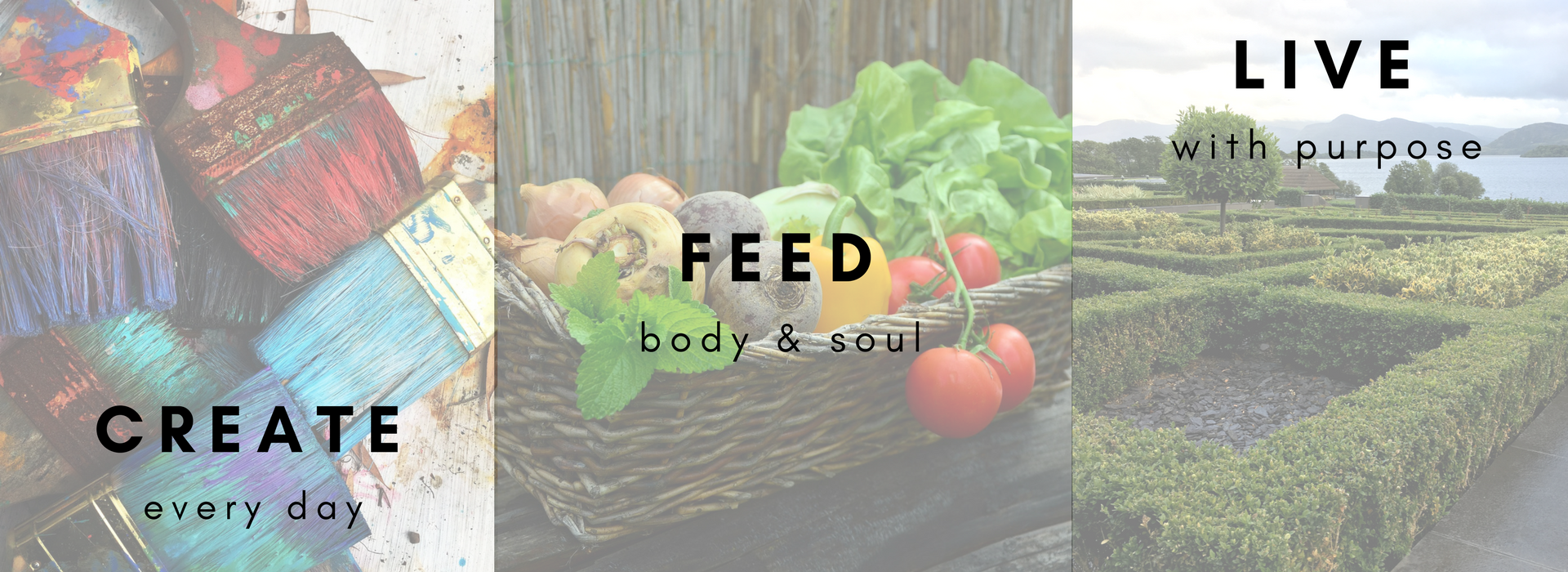Stressed to the Point of Implosion
 Does hair-pulling, shoulder-tensing stress have you wadded into a ticking time bomb? Diffuse that stress with these 6 easy tactics to relieve stress.
Does hair-pulling, shoulder-tensing stress have you wadded into a ticking time bomb? Diffuse that stress with these 6 easy tactics to relieve stress.
I’m sure I’m not alone when I say that money issues often stress me out. Two-thousand-fourteen had a whopper of those. I closed a retail business at the end of 2013 to start my coaching practice. I had enough in savings to get me through the year while the new business got started. Unfortunately two roofing issues and some major house construction (a result of the roofing issues), ate into that savings quite a bit. To further add to the mix, my husband’s job was no longer as secure as it was six months ago.
6 Techniques to Relieve Stress
Without the techniques that I’m going to share with you, I would be a nervous, tense, sleep-deprived wreck at this point. Such a state would certainly hinder any momentum to move forward, both personally and with the coaching practice. Thankfully I began implementing several of these techniques even before the stress factors kicked in full force.
- Breathe. Slow, deep breaths. If you are a regular reader, you know that I preach breathing. I am aware of when a situation is causing my blood pressure to rise or my muscles to tense, and before I react in any way, I breathe. Three slow, deep breaths. Try it right now. It’s very calming.
- Drink water. If you’re dehydrated your level of the stress hormone cortisol increases. Aim to keep your base stress level as low as possible, and water will aid you doing that.
- Meditate. If you don’t have a regular meditation practice, start out easy: five minutes of quiet deep breathing. Alternatively you can listen to soothing music, practice yoga, or participate in a relaxing aspect of a hobby or sport (gardening, knitting, singing, cooking, drawing, dancing, running, kayaking, swimming, etc.).
- Be aware of what you can control and what you can’t. Staying up all night worrying about things I can’t control isn’t going to solve any problems. Believing that I will find a solution to any problems that arise, and getting a good night’s sleep so that I can be clear-headed in the morning is much more beneficial. Not always easy, but certainly a calm and rested mind can make better decisions than one that is fraught with worry.
- Say positive affirmations every day. This has helped me so much that I wrote a book on the power of positive affirmations and how to use them. Here are a few to help you if you are feeling stressed:
- I am responsible for the success I achieve.
- I am confident, competent, and calm.
- I am capable of any task given to me.
- I deal with problems immediately.
- I live in an abundant universe.
- I invite and allow money in my life.
- My days are rich with opportunities.
- Express gratitude. I wake up and think about three people for whom I am grateful. Before bed I think about three things for which I am grateful. The day before Thanksgiving 2013, I stood in my basement surrounded by 12 large plastic tubs that were gathering the gallons of water pouring in from our roof issue. I stood and cried, not because of the water coming into my house, but because I was still going to be able to spend Thanksgiving with my husband and children. A pastor’s family in our community was not. That same day a man set himself on fire and ran into a local church, setting the church offices on fire. The pastor didn’t make it out of the building in time. So be thankful for what you do have, and make a conscious effort to think about people you are grateful for every day. Go beyond just thinking about the people, actually express the gratitude: write a letter or a short note, give the person a call, or if they’re no longer living, write about them in your journal.
Practicing these techniques has given me a safe and calm anchor point. I can find that anchor at any given moment which helps me keep things in perspective. I’m less likely to overreact and more likely to make rational decisions based on fact and not emotion.
Try to implement one of these techniques today (I’d start with the breathing). Continue practicing that technique daily while adding in a new technique every couple of days. Do you have any techniques you already use to help you cope with stress? Please share in the comments or on our Facebook page.

 Personal growth is the process of improving oneself through activities that develop talents and potential, which in turn make you more employable, enhance your quality of life, and lead you to realizing your dreams and aspirations. Your personal growth is greatly enhanced by becoming more aware of who you are as a person.
Personal growth is the process of improving oneself through activities that develop talents and potential, which in turn make you more employable, enhance your quality of life, and lead you to realizing your dreams and aspirations. Your personal growth is greatly enhanced by becoming more aware of who you are as a person.
